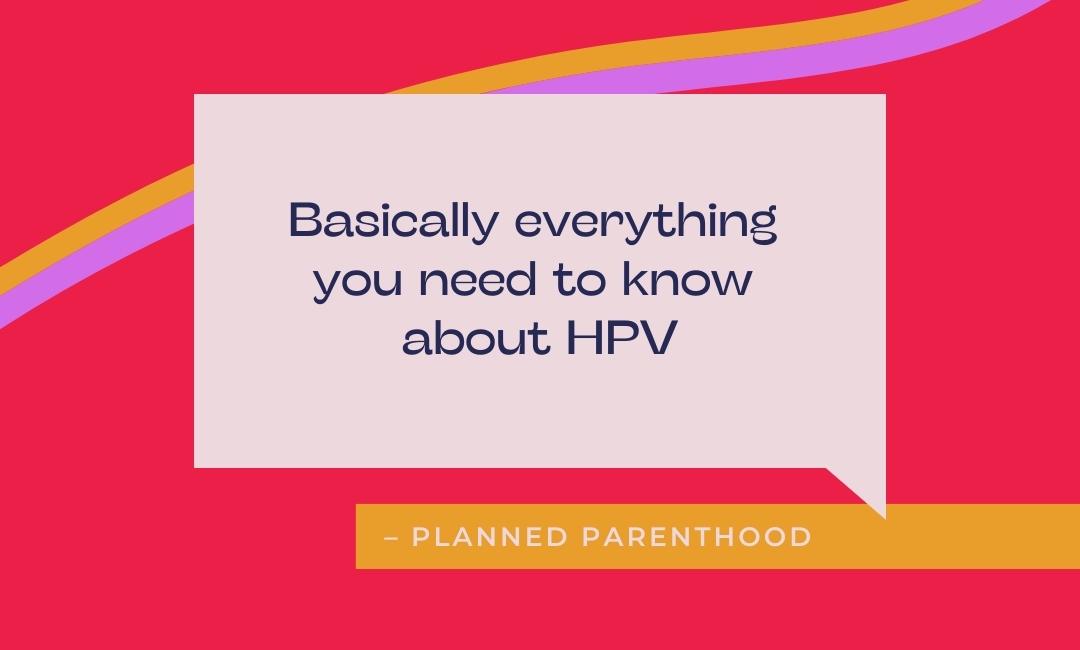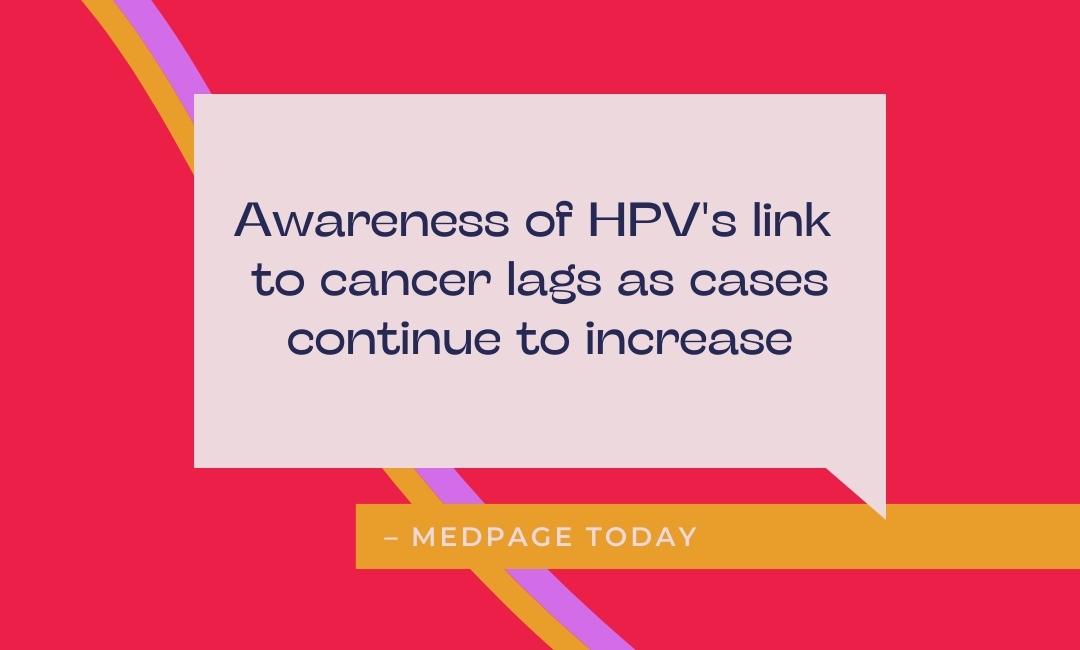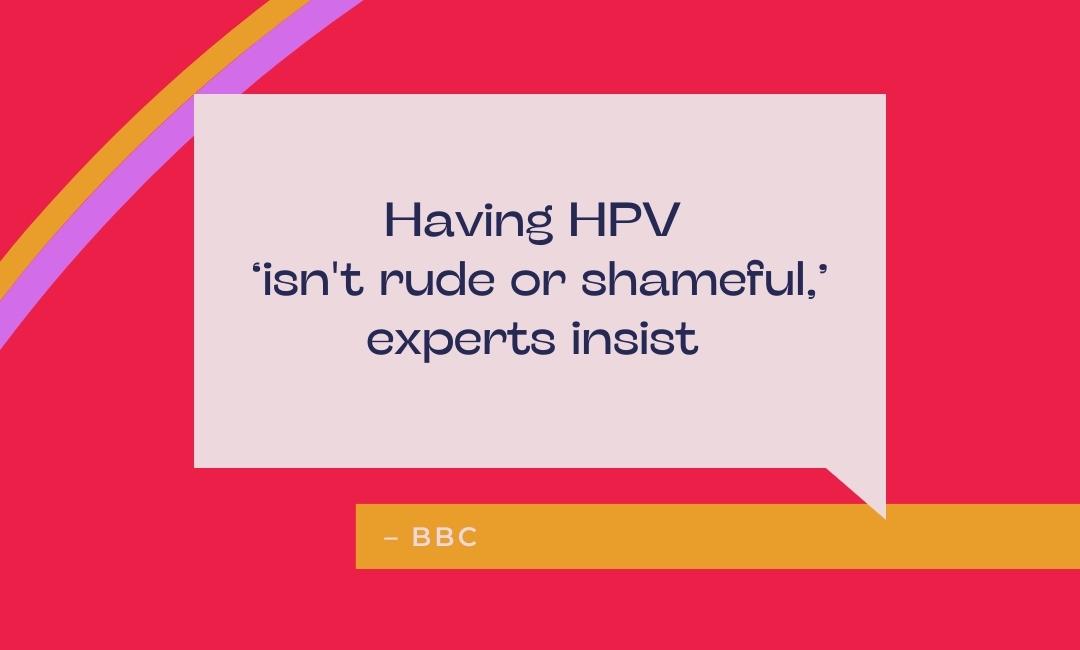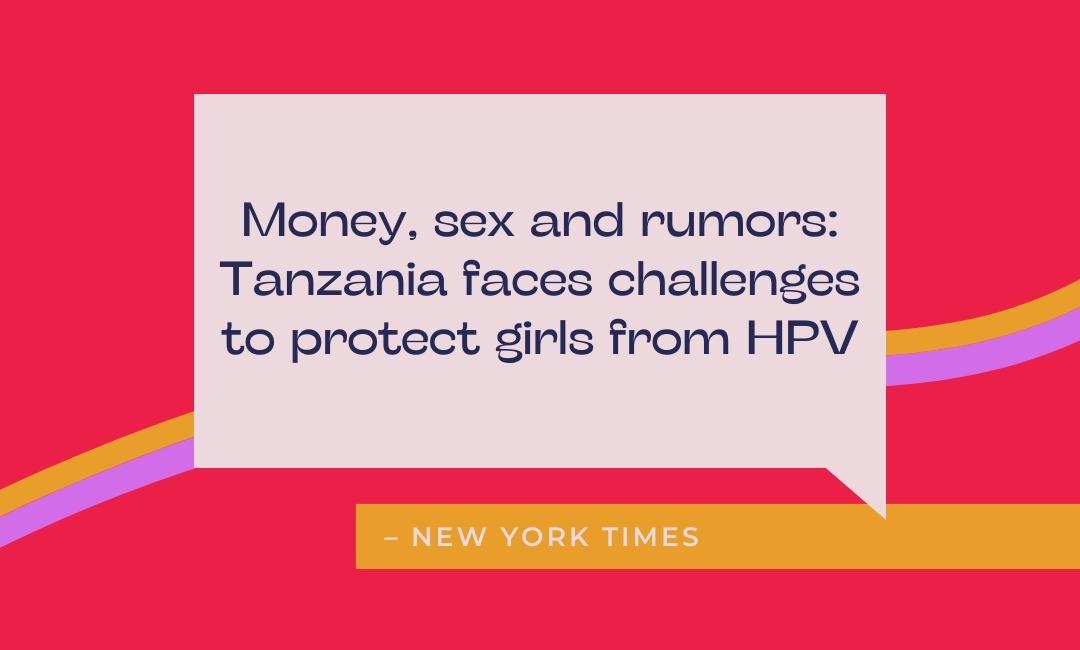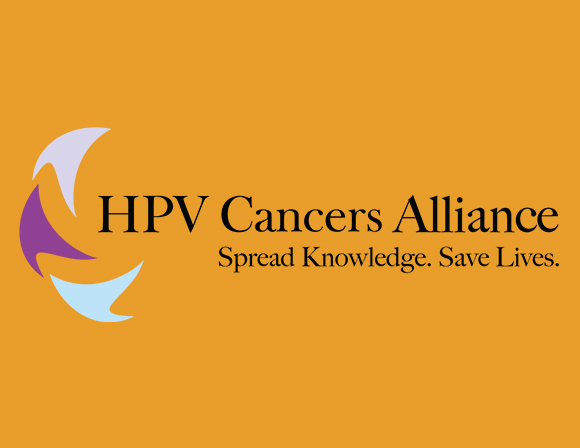The rePROFilm Periodical – featuring a new film and podcast each month – is generously underwritten and is FREE and available to anyone.

Through film and conversation, rePROFilm advocates for reproductive health, justice and bodily autonomy. We lift intersectional issues, using the power of storytelling as a catalyst for knowledge, intention and action.
VOLUME 18, PART 1:
ABC’s of HPV
In our Vol. 18 short film selection “Summer Fridays,” Frankie endures a cervical biopsy, courtesy of a case of human papillomavirus, better known as HPV — the most common STD by far.
As the rePROFilm team discussed the film, we realized we all had different levels of knowledge about HPV. That makes sense: The youngest among us grew up with an awareness of HPV and were vaccinated as children, while the middle-aged were too old to receive the Gardisil vaccine when it was first released. (While it is now recommended for everyone aged 9-45, the HPV vaccine was initially restricted to girls and young women). Most of us knew the basics, but we learned a thing or two while preparing this volume of the Periodical.
Frankie has a partial understanding of HPV herself. She repeats a common piece of misinformation when she tells her ex-boyfriend it doesn’t affect men, for example. (Though most cases of HPV don’t cause symptoms, they can lead to genital warts and certain kinds of cancer in people of all genders.)
If you’re anything like Frankie (and some of us!), your HPV knowledge is incomplete at best. Scroll down to the “Learn” section for a list of resources we found particularly informative. 🤓 And stick with us as we discuss STDs and sexual health all month long.
VOLUME 18, PART 2:
XYZ’s of STIs
Let’s talk about all the good things (and the bad things)…that may be…
“Don’t put anything in your vagina for 24 hours,” Frankie’s doctor advises after conducting a cervical biopsy.
The exchange from our Vol. 18 short film “Summer Fridays” may be a bit awkward, but it exemplifies the kind of direct and open communication that is critical to good sexual health care.
Frankie wound up having her cervix scraped due to a diagnosis of HPV, a super common STI. “I’ve had HPV, I have a lot of friends who’ve had it,” co-director Chloe Berk said in a rePROFilm Instagram Live interview. “It’s a very ubiquitous experience, but I’d never seen it represented on film, and I think I just felt frustrated by that.”
We hope “Summer Fridays” inspires you to learn a bit more about how to care for your own sexual health. As patients, we have critical information that our health care providers need — we’re the experts on our own sex lives, after all. In this newsletter, our resident medical expert Dr. Julia explains how we can be proactive and minimize the risk of sexually transmitted infections.
Here’s to embracing awkward!
XO, The rePROFilm Team
P.S. We’re taking a break from the Periodical Podcast this month, but we’ll catch up with “Summer Fridays” filmmakers Blair Baker & Chloe Berk on Instagram Live at 3 p.m. Eastern/12 p.m. Pacific Time on July 7. Follow us @reprofilm.

TITS OUT!
This month’s playlist is all about chill summer vibes. Rightly so, we spend a lot of time worrying and contemplating all things repro, but sometimes we just need to throw our bras into the wind…
Pour ourselves something ice cold…
Crank up the ceiling fan…
Lie prone on the floor — (chances are good you’re feeling a bit wilted)…
On the hottest days of the year – literally and figuratively – we need the coolest music we can find and set ’em free!

Too embarrassed to talk to your doctor? 5 tips to open the dialogue
This short guide offers suggestions for how to approach a potentially uncomfortable topic with your health care provider. Our favorite? “Be honest about your embarrassment. Saying: ‘This is uncomfortable for me to talk about, but…’ allows for your doctor to know that you’re uneasy and to proceed with thoughtfulness.
(BCBS)
Why you should get tested for STIs annually — even if you’re in a monogamous relationship
Can you believe a recent study suggests nearly half of sexually active U.S. women have NEVER been screened for an STI? And cases are on the rise. “‘The best way to find out if you have an STI is to test,’ Dr. Kelly says.“The body is so amazing and strong it can sometimes mask symptoms, or people can ignore the signs if the infection is not aggressive. That’s why universal testing is my recommendation.”
Basically everything you need to know about HPV
“Genital HPV infections are very, very common. In fact, most people who have sex get the HPV at some point in their lives,” according to this primer. Usually HPV is no big deal — but some strains can lead to cancer. Learn if you might be a candidate for the vaccine and why children should be vaccinated early.
(Planned Parenthood)
Awareness of HPV’s link to cancer lags as cases continue to increase
Most Americans know there’s a link between HPV and cancer, but a new study suggests awareness has dropped in recent years. The consequences are real: Even though the HPV vaccine can prevent most cases of cervical cancer, occurrences are on the rise.
Having HPV ‘isn’t rude or shameful,’ experts insist
A survey by a British cancer charity found that half of all respondents said they would be nervous to disclose an HPV diagnosis to their partners. (If they are anything like Frankie’s ex in “Summer Fridays,” we certainly understand.) But experts worry this anxiety may cause people to delay preventative care.
(BBC)
Money, sex and rumors: Tanzania faces challenges to protect girls from HPV
Some global context: The HPV vaccine “is only now starting to be widely introduced in lower-income countries, where 90 percent of cervical cancer deaths occur.” There, health workers face both cultural barriers to vaccination and limited supplies from drug companies that prioritize more profitable industrialized markets.
American Sexual Health Association
We are obsessed with the info-packed website for the American Sexual Health Association, which offers guidance on anything and everything related to sexual health, including STIs, relationships, and how to find a provider.
Founded in 1914 by public-health reformers, “the American Sexual Health Association envisions a world where sexual and reproductive health and rights are universally recognized, and where comprehensive sexual health information and services are accessible and available to all, free from coercion, violence, and discrimination across the lifespan.”
HPV Cancers Alliance
The HPV Cancers Alliance works to stop the spread of HPV infection and associated cancers through education. Its website is another great resource about human papillomaviruses, including the latest research.
The organization was founded when Co-Founder/Executive Director Lillian Kreppel was diagnosed with stage II anal cancer in 2017. Her response reflected her personality: “I don’t have time for this cancer. Let’s take care of this. Let’s get it done.” Read her story here.
rePROFilm endeavors to make our programming a safe, accessible and welcome place for anyone who wants to participate. We acknowledge that we have much to learn about creating this space, and welcome and and all feedback that can make us better aware and able to support all minds and bodies.
We are committed to screening films in accessible venues, and also understand that meeting ADA standards for accessibility does not actually mean a venue is actually accommodating for everyone. As best we can, we will offer a complimentary companion ticket to our film screenings as requested. For our virtual screenings, we ask all filmmaking teams to provide closed captioning, audio descriptions or open captions whenever possible. For any questions, please contact us at 323-810-6909 or help@reprofilm.org. We are here to do our best to make our programming as inclusive as possible.





